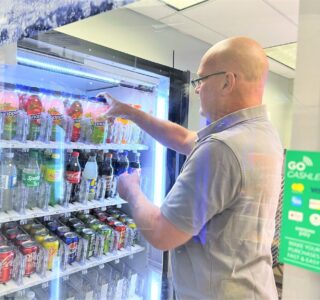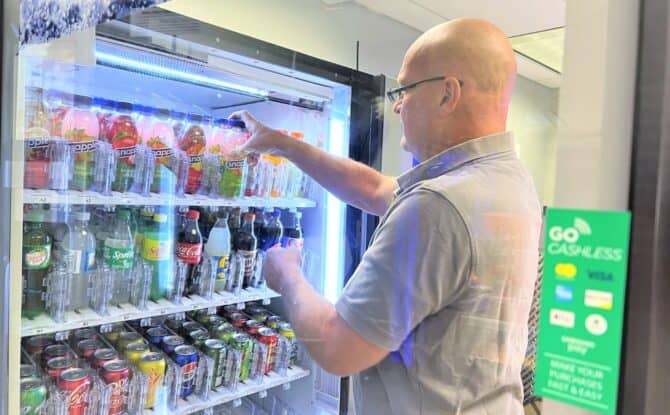
The Forsythe Entrepreneurial Center Helps People Help Themselves
Entrepreneurship is on the rise for people with disabilities, offering unique benefits like flexibility and financial independence. Still, running your own business isn’t all rainbows and puppies. Significant barriers to entry still exist for people with disabilities, including limited access to startup capital and few programs and services tailored to their unique needs.
The Chicago Lighthouse’s Forsythe Entrepreneurial Center (FEC) is designed to help people with disabilities overcome those barriers and develop skills to run their own businesses. Among the programs offered is a Business Start-up Microcredential Certification, created in partnership with Miami University of Ohio for individuals who are blind and interested in starting a business. (Miami University of Ohio is the alma mater of the late Rick Forsythe, for whom the FEC is named.)
In addition to that program, the FEC also runs the Business Enterprise Program Licensee Training (BEPLT), which helps individuals who are blind or visually impaired run vending facilities on federal properties. Its comprehensive curriculum covers topics including vending management, cafe operations, sales, hiring, customer service, management best practices, business processes, micro markets, and food safety.
“We have trained more than 350 people through the program, including vendors and state licensing agency staff,” said Colleen Wunderlich, The Lighthouse’s Vice President of Partnerships, who directs the Forsythe Entrepreneurial Center and oversees the BEPLT. “We currently operate in 40 states and have a goal to be the national standard for this type of training.”
Launched in 2015 under the Randolph-Sheppard Act, BEPLT was developed in partnership with the National Association of Blind Merchants (NABM). Scott Cass, an experienced entrepreneur and consultant, worked with Colleen to develop the curriculum.
“I met vendors who were in debt, generating low profit margins, and experiencing other challenges simply because they were not given access to the information and skills necessary to succeed,” says Scott, who now serves as a program instructor. “We created the curriculum to address these pitfalls and ensure vendors can run a profitable business and stay relevant with pricing and business practice trends while maintaining positive relationships with their staff, customers, and partners.”
To learn more about the Forsythe Entrepreneurial Center, click this link.


